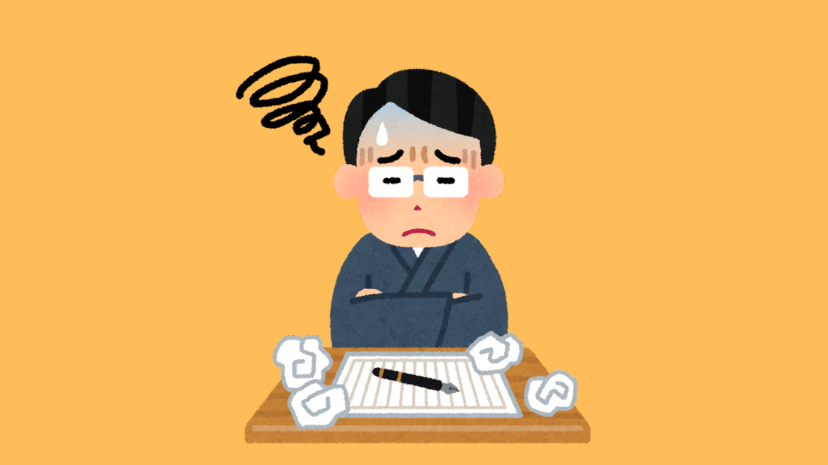Some people are OK with their partners in other relationships as long as they remain outside the house. Others marry partners arranged by their families, even if they’re in love with someone else. However, no matter how open-minded your partner is, cheating is never justifiable.
Betraying trust and engaging in romantic or sexual activities without your partner’s awareness or permission is called infidelity, commonly referred to as cheating. Simply, cheating is breaking trust and commitment among partners through secrecy and deception.
The definition of cheating is not straightforward and varies between situations, requiring clear communication about acceptable and unacceptable behaviors.
Betty La France, a professor from the department of communication at NIU, said there are three types of cheating.
Emotional infidelity occurs when a partner redirects emotional attention and intimacy toward someone outside their relationship without their partner’s consent, sharing personal information with or relying on them for emotional support more than with their primary partner.
In sexual infidelity, a partner engages in sexual activities with someone other than their partner without their knowledge or consent, violating the expectation of monogamy.
Financial infidelity involves hiding financial activities, such as secret accounts or undisclosed spending, from a partner.
Cheating is almost never acceptable, so why do people do it?
“Some people seek variety and thrill, especially in sexual relationships, driven by their need for excitement,” La France said. “Individuals may cheat if they feel their current relationship isn’t meeting their emotional or physical needs. The availability of potential partners or favorable circumstances increases the likelihood of cheating. Some individuals gain a sense of self-worth or identity from engaging in emotional or sexual relationships, even if it seems counterintuitive. There’s sometimes an attitude that personal actions are their own business, regardless of relationship commitments or agreements.”
Regardless of the reasons behind cheating, it is wrong personally and morally. Although people may try to justify their partner’s actions, showing empathy only risks encouraging such behavior.
Rebuilding trust after infidelity is extremely challenging because it requires re-establishing key relational dimensions, such as trust, love, intimacy, commitment, responsiveness and even basic liking for one another. It’s akin to starting over, which feels awkward, especially in a long-term relationship where partners must revisit the dynamics from the beginning stages of their relationship.
A relationship is built on trust, respect and support. If one partner is hiding things, it indicates a lack of trust and respect. In such cases, instead of compromising your time and mental well-being, it may be wiser to part ways.
There’s a lot to consider after someone cheats.
Deciding whether to stay or leave in that relationship is complicated because partners’ expectations fluctuate over time – what feels manageable initially may become overwhelming later. A partner might feel hopeful one day and discouraged the next, creating a back-and-forth struggle in deciding what’s best.
This internal conflict, combined with the effort required to rebuild trust and navigate life’s challenges, makes staying or leaving a difficult decision.
Changing certain types of infidelity-prone behavior can be extremely difficult too, especially for people who are sensation-seekers or believe they have the right to engage in other relationships. Unless such individuals undergo a profound shift in their beliefs, change is unlikely.
But for most people, relationship maintenance plays a key role in preventing infidelity.
“Maintaining a healthy relationship requires consistent effort, similar to tending a garden. For some people, infidelity may seem inevitable due to deep-seated beliefs or personality traits, and they may only change if they experience a fundamental shift in perspective. However, for most, focusing on watering the grass where you are, putting effort into communication, meeting each other’s needs, and engaging in daily positive affirmations can greatly improve relationship satisfaction,” La France said. “Life’s demands can make this challenging, but prioritizing small, intentional acts of care can make a big difference over time.”
Daily affirmations and small acts of kindness help maintain relationship quality over time, but these often get neglected due to the pressures of everyday life, such as work and parenting.
People may have their reasons to cheat, but it is never justifiable. When people decide to cheat, they are always aware of it. Cheating is a betrayal of trust, a violation of agreements and an erosion of respect and integrity.
Cheating causes emotional pain, leaving the betrayed partner with feelings of insecurity. They may even suffer from anxiety, depression and loss of self-esteem.
So, before doing anything that betrays a partner’s trust, both partners need to communicate properly and renegotiate the relational contract.
If you decide to cheat, that is not your partner’s fault. It is always a choice to not respect your partner, and it’s a choice you shouldn’t make.














